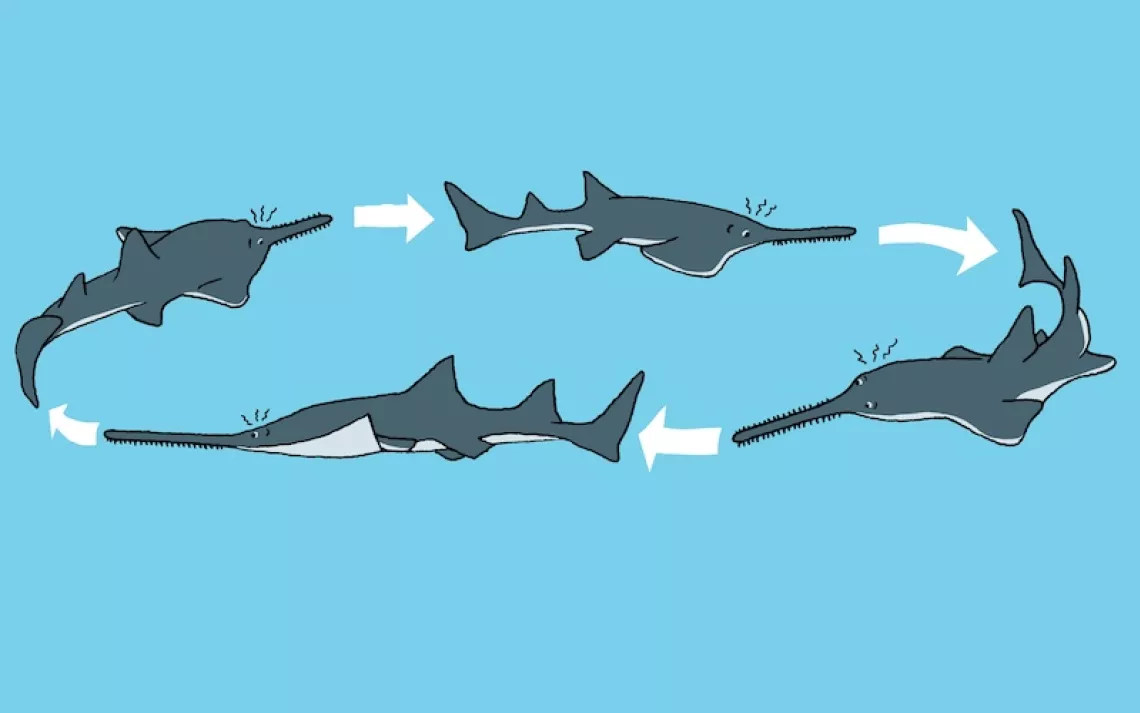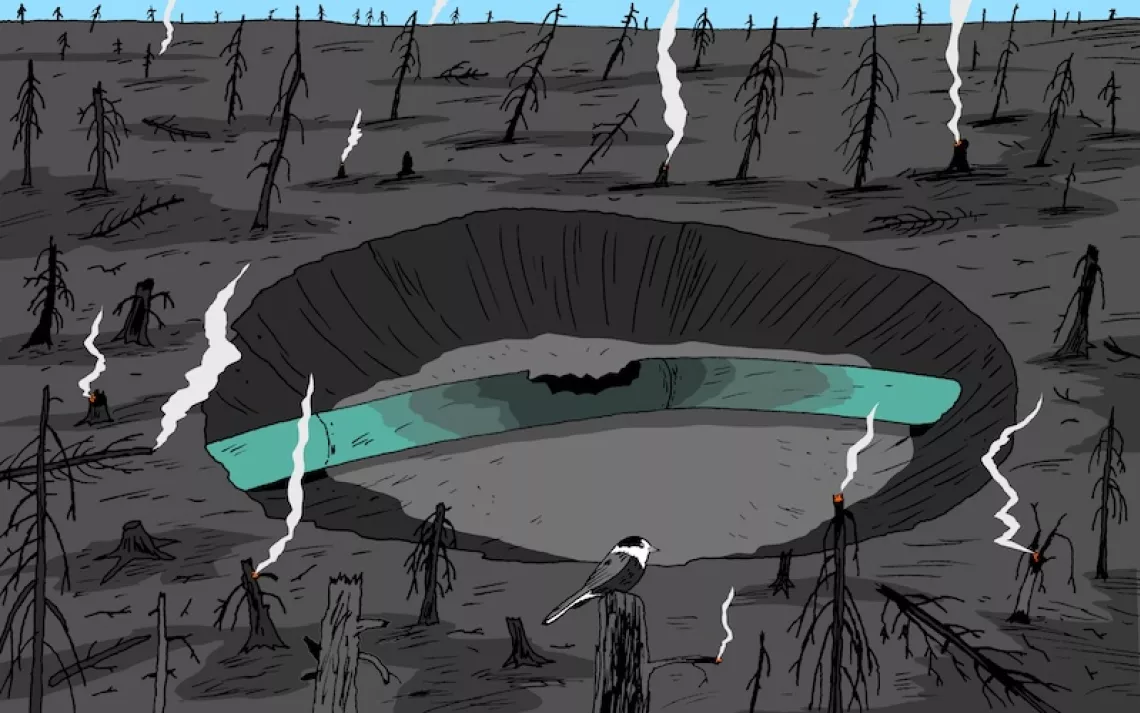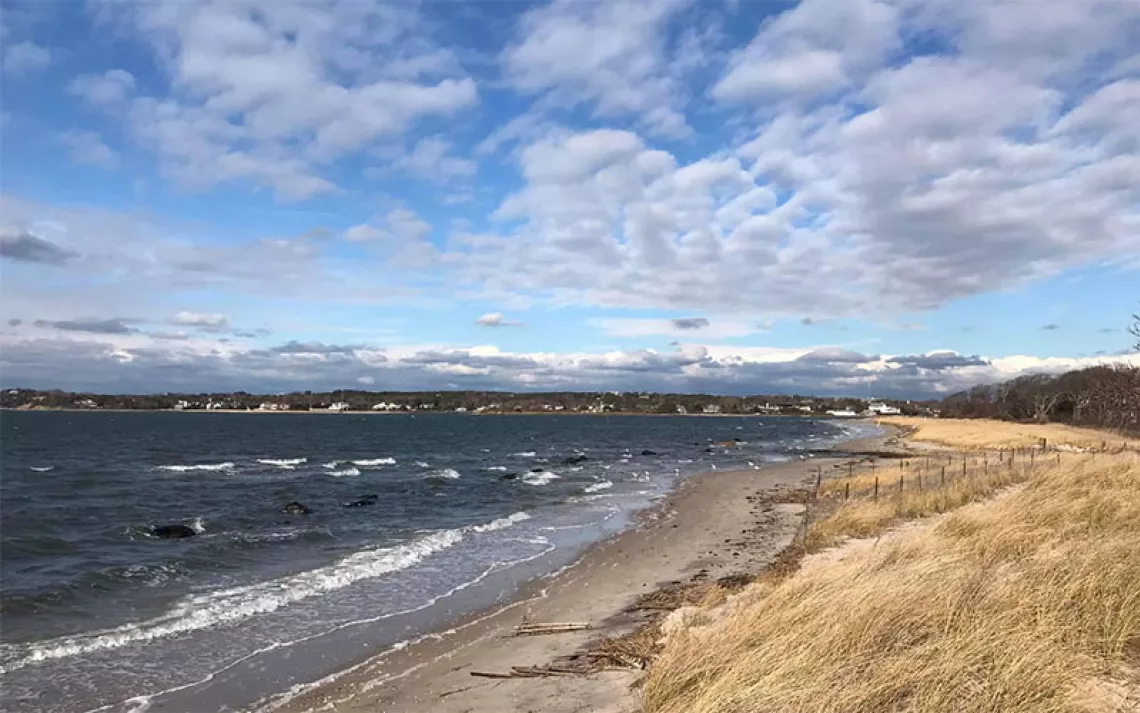Federal Judge Greenlights Landmark Climate Change Lawsuit
Class action lawsuit pitting youth against the federal government will go to trial

The Our Children's Trust plaintiffs and allies at the federal courthouse in Eugene, Oregon. | Photo courtesy of Our Children's Trust/Robin Loznak
For those who are concerned about global climate change, here’s a glimmer of good news amid what has otherwise been a week of historic discouragement: A federal judge in Oregon ruled today that a landmark class action lawsuit challenging the government’s relative inaction on climate change can move forward and go to trial.
In 2015, a public interest law organization called Our Children’s Trust filed a lawsuit on behalf of 21 people between the ages of 9 and 20 claiming that the federal government’s less-than-stellar efforts to reduce greenhouse gas emissions violates those young people’s constitutional rights to “life, liberty and property.” This spring, a federal magistrate denied efforts by the U.S. government and the fossil fuel industry to dismiss the case.
Today, U.S. District Court Judge Ann Aiken upheld that earlier ruling and rejected the motion to dismiss that had been filed by the Obama administration and industry groups. The ruling means that the case will go to trial sometime in 2017, giving the plaintiffs an unprecedented chance to present in a court of law evidence that government officials failed to act on climate even as evidence was mounting about the threat of global warming.
Naomi Klein has called the OCT challenge “the most important lawsuit on the planet right now,” and in her ruling Judge Aiken seemed to agree.
“This is no ordinary lawsuit,” the Judge Aiken wrote, later explaining: “[The defendants and intervenors] are correct that plaintiffs likely could not obtain the relief they seek through citizen suits brought under the Clean Air Act, the Clean Water Act, or other environmental laws. But that argument misses the point. This action is of a different order than the typical environmental case. It alleges that defendants’ actions and inactions—whether or not they violate any specific statutory duty—have so profoundly damaged our home planet that they threaten plaintiffs’ fundamental constitutional rights to life and liberty.”
Aiken’s ruling also included this stunning admission of the legal system’s failure to consider the full implications of global climate change. “Federal courts too often have been cautious and overly deferential in the arena of environmental law,” she wrote, “and the world has suffered for it.”
Naturally, the plaintiffs were thrilled by the decision. “It’s clear Judge Aiken gets what’s at stake for us,” 17-year-old plaintiff Victoria Barrett, from White Plains, New York, said in a statement distributed by Our Children’s Trust. “Our planet and our generation don’t have time to waste. If we continue on our current path, my school in Manhattan will be underwater in 50 years.
In an article published earlier this year in Sierra, lead attorney Julia Olson promised that the suit would be “the trial of the century.” With Judge Aiken’s decision today, that boast is on its way to becoming true.
 The Magazine of The Sierra Club
The Magazine of The Sierra Club







